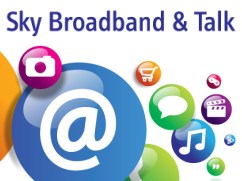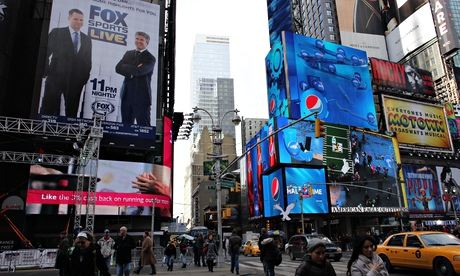Why are respected news brands good news for Twitter?
News brands bring an audience to Twitter and entertain them as well as inform them. Audiences which had been selected as a sample for a twitter and news report called "#NewsOnTheTweet" states that top three answers to why they use Twitter were that it allows time to pass (39%) which could be used scrolling through news stories on Twitter, Twitter also allows audiences to be aware of what is going on in the world (39%) which obviously refers to reading news stories and audiences also wish to stay connected to people they're interested in but don't know (38%) which may refer to celebrities that audiences are fans of which suggest they use newspapers to tweet on the latest gossip of that celebrity. A large proportion of the sample also agree that they enjoy seeing news on twitter and watching it break on Twitter first before breaking worldwide, Twitter allows them to stay updated faster than anyone. 40% check Twitter frequently to see what's going on with their favourite newspaper brand(s). 60% are actually more likely to be a daily Twitter user to check in the news than non-followers of a brand.
Why in turn is Twitter good for respected news brands?
Twitter allows 60% of people an opportunity to engage with newspaper brans they wouldn't normally read in print form e.g. Mr Halsey buys The Guardian but wouldn't buy the Daily Telegraph, he would however follow them on Twitter to keep track of how they report certain stories in the media. Twitter also allows quite a quick, easy and instant access to the online newspapers
The report suggests that old and new media “are not, in fact, in direct competition, but often work extremely well together to enhance both the media eco-system and the consumer experience”. What evidence do they provide to support this idea? Do you agree with it?
53% of people feel that Twitter helps them keep connected to their favourite news brands. Both Twitter and Newsbrands provide gossip and banter, knowledge, opinions and can help surround readers in a community of like-minded people. This therefore suggests that working together can enhance user experience as they are able to connect more easily over the news they have read from news brands on twitter and can formulate opinions and speak to like minded people and have a bit of a gossip. An instant update from a trusted news brand makes a lot of readers gossip and spread news through word of mouth so if the news brand is on twitter it could encourage billions of people to gossip about the news and the fact its from a verified news brand it makes the news legitimate and trustworthy. Twitter helps make the news reach people more quicker, it allows to give audiences "the chance to consume news within a community (online) of like-minded people (globally)". Many use twitter to get a summary of the news and keep up-to-date in the morning before going about their day.
On page 24/25 of the report, the focus turns to gossip or banter. What example tweets from journalists are used to illustrate this?
The example tweets at first seemed mainly about celebrities and football but then do eventually talk about politics and university however all of these tweets are used in jokingly ways or mockingly. E.g. Lucy Tobin tweets how a uni has spend £20,000 building a pub to allow students to investigate why people get drunk… it's poking fun at the irony. Other examples are like Neil Ashton tweeting "Arsenal are toast" referring to the arsenal toaster instead of the match they are going to be in, he then says "in all seriousness now, what are the sales figures like for this kind of stuff?".
Do you think the increasing amount of gossip or banter is harming the reputation of news and journalists?
I believe it breaks down the professional barrier between readers and journalists. It makes the journalist seem less professional as they are poking fun at news stories. However, I think it actually makes news more appealing to younger audiences and can attract more people and possibly get more retweets suggesting that the news will be spread much more quickly and much more if the news contained some gossip and banter.
What does the report say about trust in Twitter and journalists (look at pages 34-39)
That news content is important and needs to be from a trusted and verified brand as it helps build trust in the content. Having personality from a journalist is more attractive and appealing than the news brand itself and therefore having journalist on twitter can allow readers and journalist to deepen their relationship (according to 48%), having them on twitter makes the news trustworthy and a faster source of news according to 39%.
Finally, do you think new and digital media developments such as Twitter have had a positive or negative impact on traditional newspapers?
New and digital developments such as Twitter has had both a negative and positive impact on traditional newspapers. It has allowed the journalist from newspapers to engage and interact more with their readers as well as break down the professionalism barrier which encourages their readers to read and follow their newspaper. However, it has led to many newspaper go head-to-head in price wars trying to lower their prices to gain greater circulation of their newspapers. The online sites such as twitter could encourage readers to buy print copies but its unlikely that will happen, unless the news story on the front cover or the newspaper issue is a special edition or special story e.g. the royal wedding.



